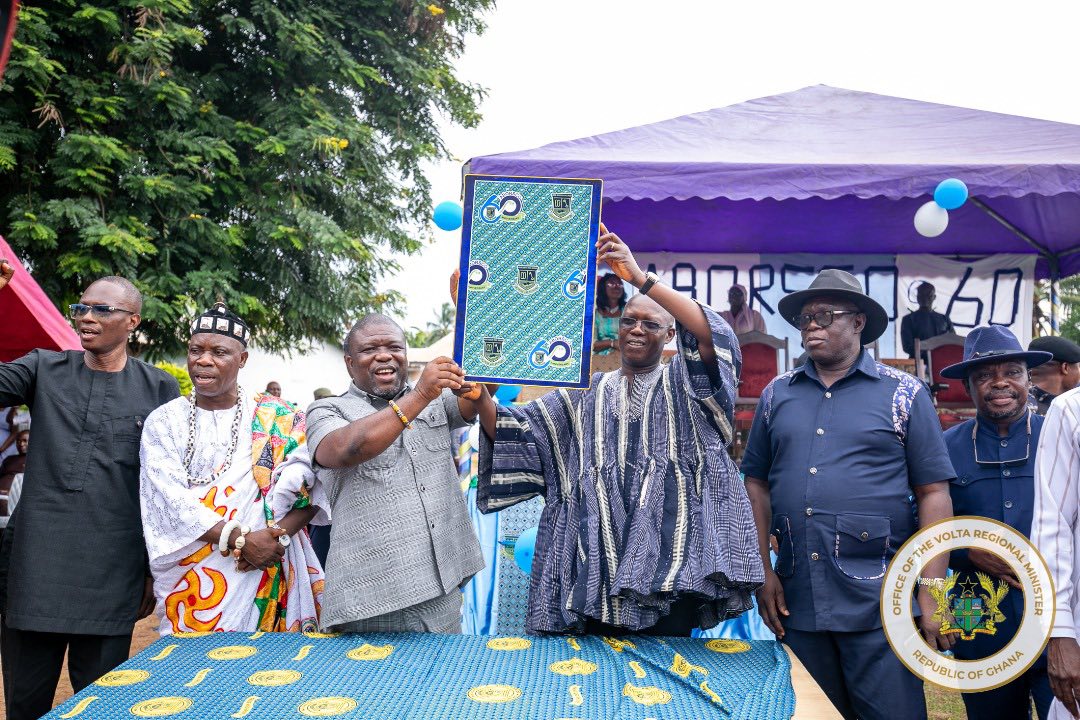In a landmark speech delivered to Parliament today, the Member of Parliament (MP) for Akan, Yao Gomado, strongly endorsed the government’s 2025 budget, underscoring its transformative focus on science, technology, engineering, and mathematics (STEM) education, digital infrastructure expansion, and green technology.
The government, as part of its forward-thinking economic policy, has pledged substantial investments to develop the nation’s technology sector and promote sustainable economic growth. Central to the budget is a commitment to enhance education and research in STEM fields, with a focus on ensuring that students are equipped with globally relevant skills.
Expanding STEM Education and Research
Mr. Gomado highlighted a significant allocation of GH₵2.2 billion for research and development (R&D), with particular emphasis on sectors crucial to the nation’s future: agriculture, health, and energy. Notable beneficiaries include the Ghana Atomic Energy Commission (GAEC) and the Council for Scientific and Industrial Research (CSIR), which will receive substantial funding to drive innovation in these areas.
“The future of Ghana lies in equipping our youth with the skills that will place them at the forefront of the global economy,” Mr. Gomado remarked. The government’s commitment also extends to establishing Centers of Excellence in Technical and Vocational Education and Training (TVET), with the aim of promoting practical skills and fostering innovation.
Digital Economy Expansion and Infrastructure
A further GH₵2.7 billion has been allocated to enhance the nation’s digital infrastructure, marking a decisive push towards integrating blockchain technology, cloud computing, and improved internet connectivity. As part of this initiative, 100 rural communities will gain broadband access, and 300 new broadband centers will be deployed to connect an additional 5 million Ghanaians.
Mr. Gomado emphasized that AI, blockchain, and cloud computing labs would be set up at major universities and research institutions, fostering innovation among students and researchers. Additionally, the establishment of a National Cybersecurity Training Center is planned to strengthen Ghana’s defenses against digital threats.
Renewable Energy and Environmental Sustainability
The government’s budget also signals a significant commitment to addressing environmental challenges, particularly the degradation caused by illegal mining (locally known as galamsey). GH₵1.2 billion will be dedicated to renewable energy research, while GH₵800 million will be allocated to implementing smart-grid technology across the country.
In a bid to reduce reliance on imported energy solutions, public-private partnerships will focus on local manufacturing of solar panels and wind turbines. This initiative aims to drive Ghana’s transition to a green economy, promoting both environmental sustainability and energy independence.
Investing in Future-Ready Education and Jobs
In another groundbreaking move, the budget includes a GH₵499.8 million allocation to implement the No-Academic-Fee policy for first-year students in public tertiary institutions. This policy, which encourages enrollment in science and technology programs, is expected to boost the number of students pursuing high-demand fields.
Furthermore, for the first time in the country’s history, a National Robotics and AI Institute will be established to spearhead cutting-edge research and development. This will complement the government’s efforts to offer grants and incentives for research institutions and startups, fostering a culture of innovation.
Public-Private Partnerships for Technological Advancement
The budget also outlines the government’s strategy to foster collaboration between the public and private sectors, focusing on driving technological innovation, supporting the commercialization of research, and creating an environment conducive to economic growth.
Mr. Gomado concluded by emphasizing that these initiatives align with the government’s vision to place Ghana on the map as a leader in technological and scientific advancement.
“We are not just building a future-ready workforce; we are building a nation poised to thrive in the digital age and in a sustainable, green economy,” he affirmed.
As the budget moves forward in Parliament, it is expected that these initiatives will catalyze the rapid development of Ghana’s tech sector and provide a boost to the nation’s competitiveness on the global stage.





































